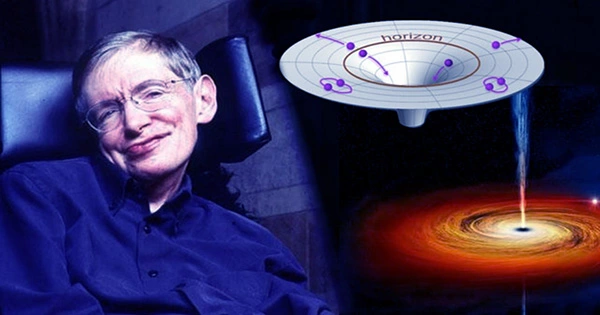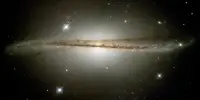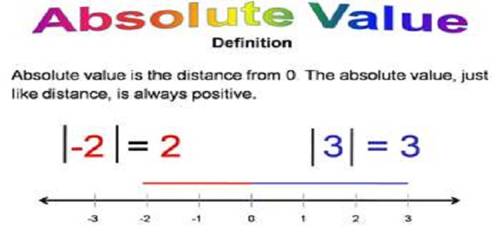A new theoretical study from Radboud University’s Michael Wondrak, Walter van Suijlekom, and Heino Falcke has proven that Stephen Hawking was partially correct about black holes. Black holes will eventually evaporate due to Hawking radiation, although the event horizon is not as important as previously thought. This radiation is also caused by gravity and the curvature of spacetime. This suggests that all massive objects in the universe, such as star remnants, will eventually vanish.
Stephen Hawking suggested, using a smart mix of quantum physics and Einstein’s theory of gravity, that the spontaneous creation and annihilation of pairs of particles must occur at the event horizon (the point beyond which there is no escape from a black hole’s gravitational field).
A particle and its antiparticle are formed from the quantum field for a very brief period of time, and then they instantly annihilate. The Hawking radiation can, however, occasionally escape when a particle enters a black hole. This would eventually cause black holes to disappear, according to Hawking.
In this new study, Radboud University researchers revisited this process and investigated if the presence of an event horizon is truly critical. They used approaches from physics, astronomy, and mathematics to investigate what happens when such pairs of particles form in the vicinity of black holes. The research revealed that new particles can be formed far beyond this boundary. According to Michael Wondrak, “We demonstrate that, in addition to the well-known Hawking radiation, there is also a new form of radiation.”
Everything vanishes: “We show that far beyond a black hole, the curvature of spacetime plays a significant role in creating radiation,” adds Van Suijlekom. The particles are already separated by the gravitational field’s tidal forces.” Previously, it was considered that no radiation could occur without the event horizon; however, this study reveals that this horizon is not required.
That suggests that massive objects in the cosmos without an event horizon, such the remains of extinct stars, also emit this type of radiation, according to Falcke. And that would eventually result in the cosmos dissipating, much like black holes, after a very long time. This modifies our understanding of Hawking radiation as well as our outlook on the cosmos and its future.
Physical Review Letters accepted the study for publication; in the meanwhile, readers can read a preprint of the study on the arXiv preprint service.
















